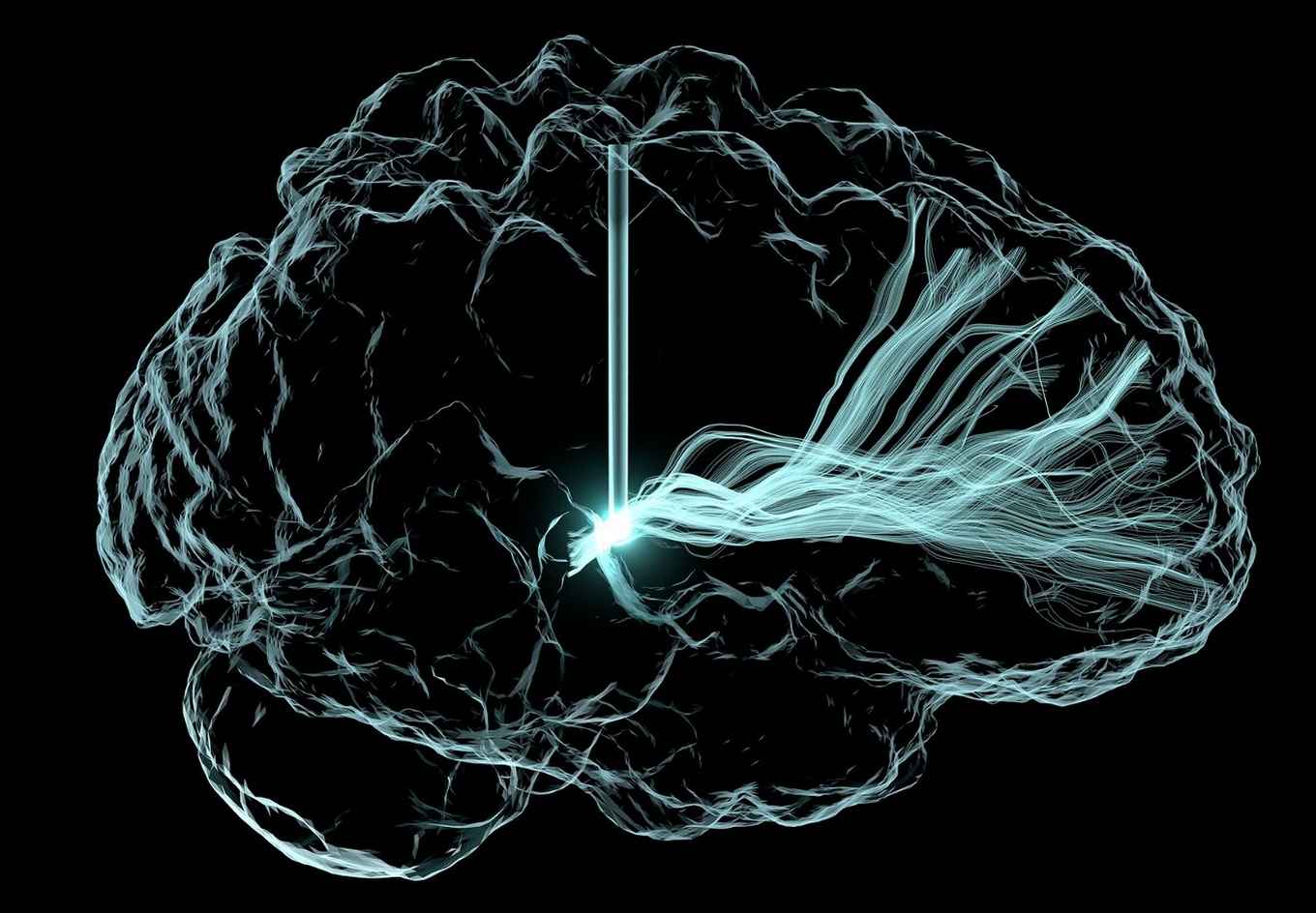ERC Proof of Concept grant to create an atlas of the Human Deep Brain
8 September 2022

Deep-brain stimulation, DBS in short, is one of the most promising surgical treatments for movement disorders such as Parkinson’s disease and neuropsychiatric diseases such as obsessive compulsive disorder. During DBS surgery, a microelectrode is lowered deep into the brain with the aim to stimulate small subcortical nuclei in order to alleviate disease related symptoms such as rigidity and tremor as seen in patients with Parkinson’s disease.
Reducing unwanted side effects
Studies using DBS in Parkinson’s disease patients show that a suboptimal placement of electrodes in the brain can yield changes in cognitive processes (attention, mental speed, response inhibition) and affective states (depression, hypomania, anxiety, hypersexuality, and hallucinations). These unwanted side effects of DBS are speculated to be the result of the stimulation of subareas other than the motor zone within subcortical nuclei, the stimulation of white matter connections, or the dysregulation of blood flow to neighboring areas.
Forstmann aims to create an atlas of the human deep brain nuclei, connections, and vasculature to substantially improve the outcome of DBS by significantly reducing unwanted side effects.
Partners/co-applicants
Forstmann will create the atlas together with Dr Pierre-Louis Bazin (Max Planck Institute for Human Cognitive and Brain Sciences), Dr Anneke Alkemade (Univrsity of Amsterdam) and Steven Miletic MSc (University of Amsterdam).
ERC proof of concept
The ERC Proof of Concept competition is open only to ERC grantees. Worth €150.000 each, the grants will be used to explore the commercial or societal potential of the results of grantees research projects. This funding is part of the EU's research and innovation programme, Horizon Europe. Find an overview of the 55 recipients of this ERC Proof of Concept call here on the ERC website.